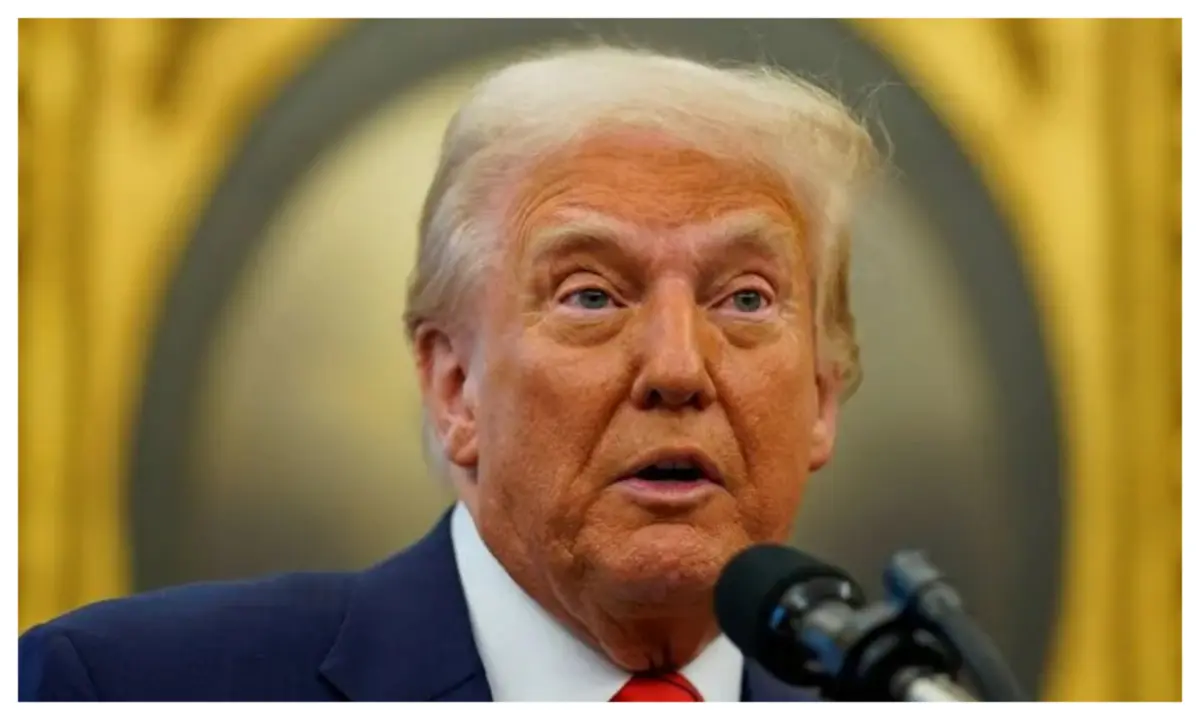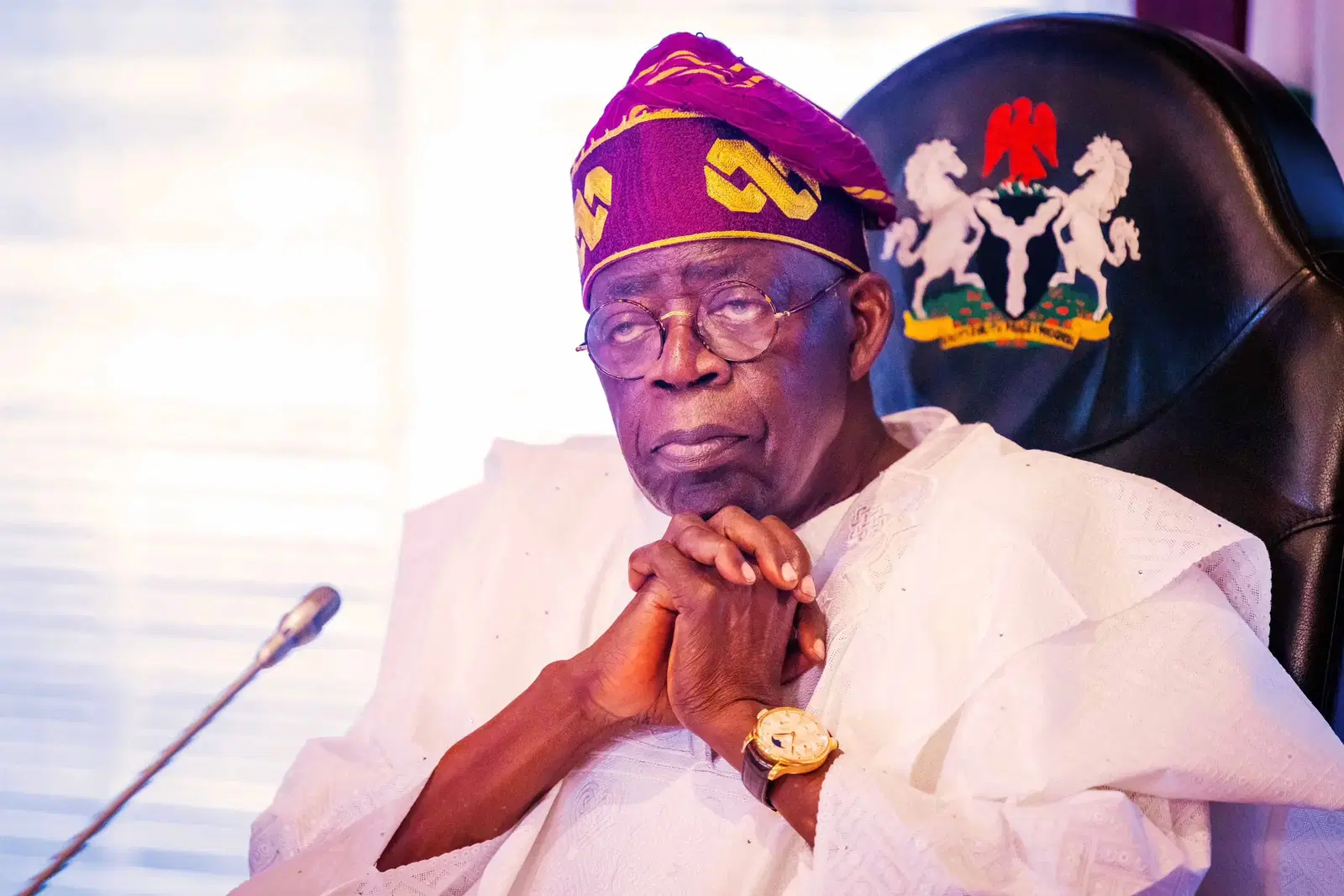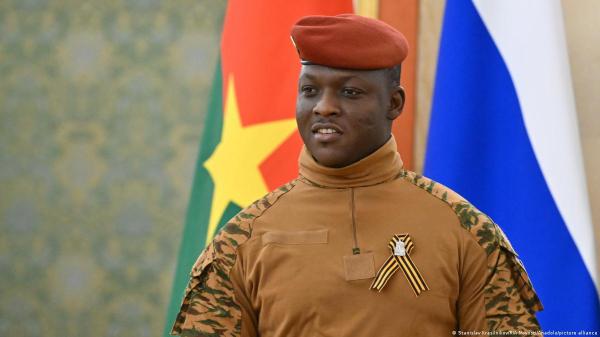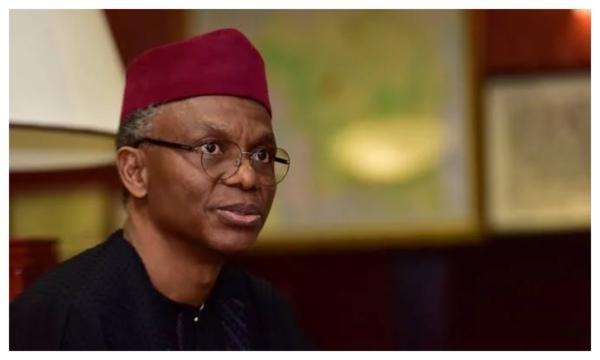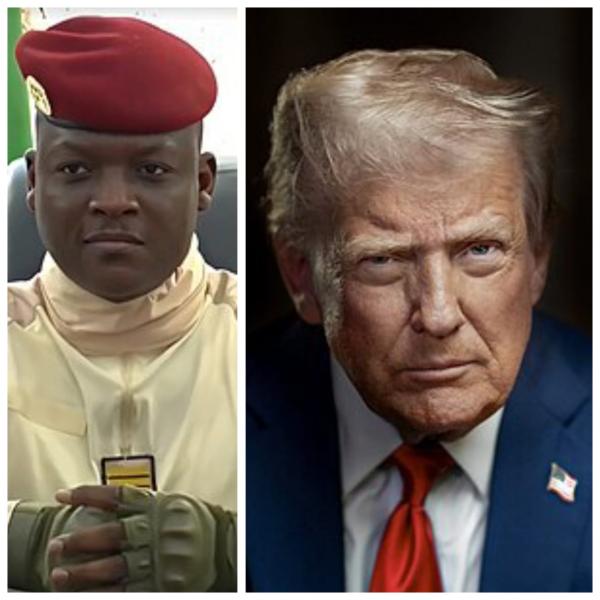
Burkina Faso, under the leadership of a military junta fiercely opposed to Western influence, has publicly rejected a US proposal to accept deportees expelled under President Donald Trump’s renewed immigration crackdown.
Since returning to office, President Trump’s administration has intensified efforts to deport migrants to third-party nations, often with little or no ties to the individuals involved. Several African countries — including Eswatini, Ghana, Rwanda and South Sudan — have agreed to such arrangements in recent months.
However, Burkina Faso has taken a firm stand. On Thursday evening, the country’s foreign minister, Karamoko Jean-Marie Traoré, announced on national television that the proposal had been firmly rejected.
“This proposal, which we considered indecent at the time, runs completely contrary to the principle of dignity,” he said.
Just hours before his statement, the US embassy in Ouagadougou declared it would suspend routine visa services for Burkinabe citizens. Those requiring visas are now being redirected to neighbouring Togo’s capital, Lomé.
In response, Traoré questioned the timing and motive behind the suspension: “Is this a way to put pressure on us? Is this blackmail? Whatever it is… Burkina Faso is a place of dignity, a destination, not a dumping ground.”
The rejection underscores a deepening ideological rift between Burkina Faso’s ruling junta and the West. Since seizing power in a coup in September 2022, Captain Ibrahim Traoré has repositioned the country’s foreign policy, cutting ties with France and pursuing closer relations with Russia. He has increasingly styled himself as a Pan-Africanist leader rejecting neocolonial influence.
The stance places Burkina Faso at odds with other African nations that have opted for closer cooperation with the United States in return for diplomatic or financial incentives.
As Washington doubles down on its controversial migration strategy, Ouagadougou’s defiance signals that not all nations are willing to play along.












